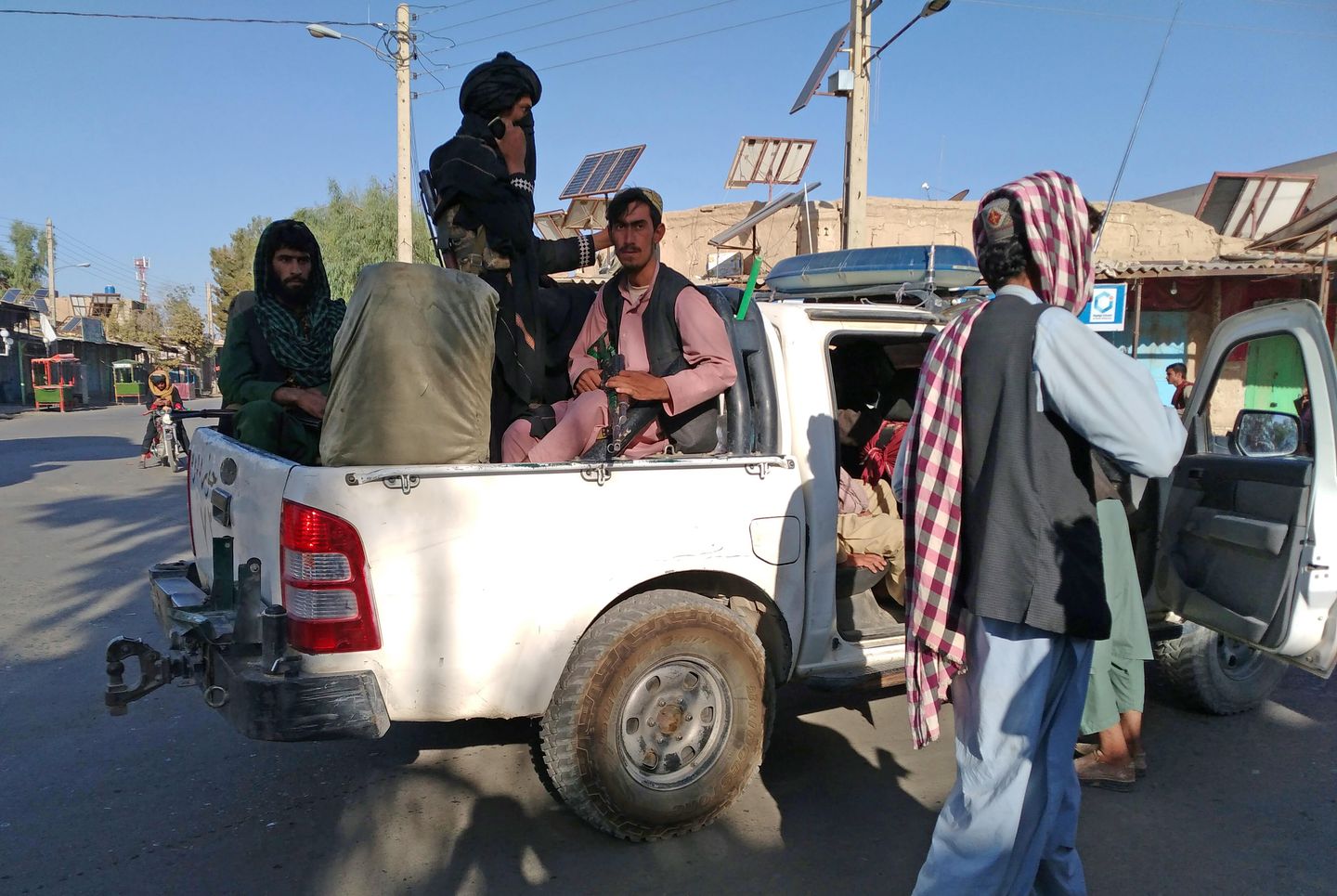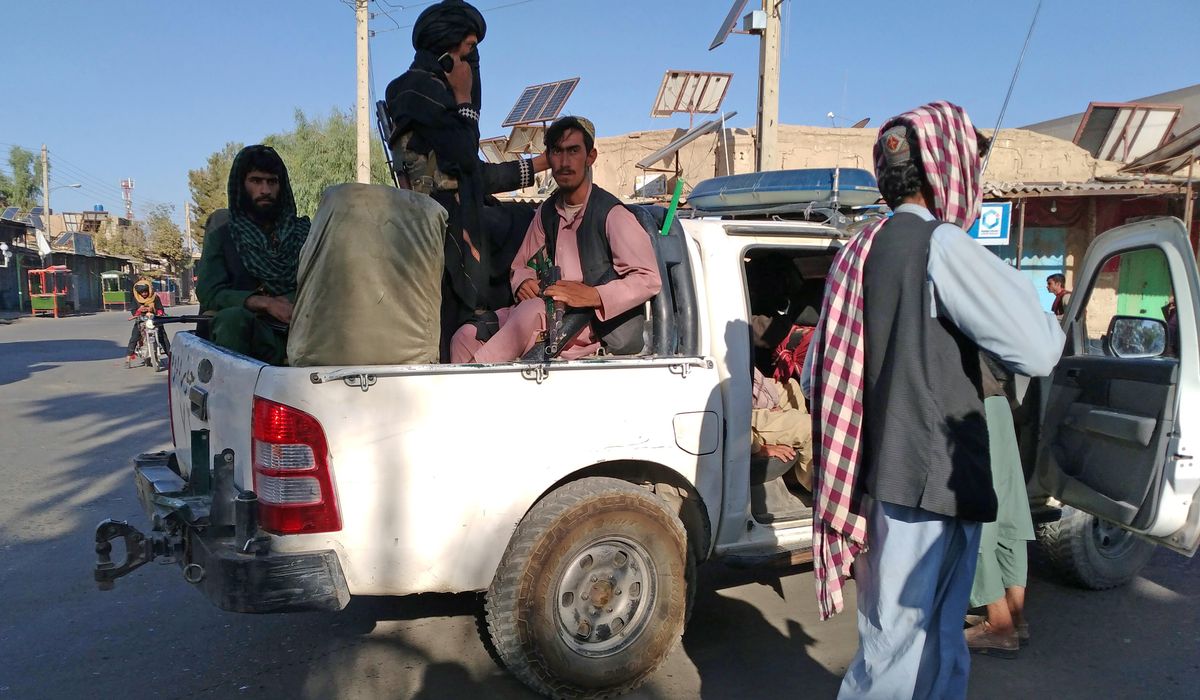

A fast-moving Taliban offensive could leave all of Afghanistan in the hands of the radical Islamist insurgency, including the capital of Kabul, within 90 days, new U.S. intelligence estimates reportedly show.
Militant insurgents now control about two-thirds of the territory of the vast country as the Pentagon completes its troop withdrawal from Afghanistan after the two-decade-long war. In a sign the U.S.-backed government is deeply concerned about recent battlefield reverses, Afghan President Ashraf Ghani replaced the army chief of staff as the Taliban seized three more provincial capitals in their blitz across the country’s northeast.
The speed of the Taliban advances raises questions about how long the government in Kabul can maintain control of the countryside. A U.S. defense official told Reuters the three-month reassessment of how long Afghan forces can hold out is based on how quickly the provincial capitals across the country have been falling.
Officials in Washington say they remain “deeply concerned” about the level of violence in the country. State Department spokesman Ned Price told reporters the Biden administration remains committed to finding a diplomatic solution to the conflict, and warned the Taliban they face political and economic isolation if they fail to reach a power-sharing deal.
“Any government that comes to power in Afghanistan at the barrel of a gun will lack international support and international legitimacy,” he said.
But the news on the ground has been stunningly bad for Kabul even before American and allied troops had formally completed the process of withdrawal. In Farah, one of the provincial capitals now under insurgent control, Taliban fighters could be seen dragging the bloody corpse of an Afghan security forces member while shouting “God is great!” They commandeered pickup trucks and Humvees and now wielded weapons that had been given to the Afghans by the U.S.
“The situation is under control in the city. Our mujahedeen are patrolling the city,” one Taliban fighter told the Associated Press.
Department of Defense officials insist they have not abandoned their Afghan allies to their fate. Pentagon spokesman John Kirby said U.S. fighter jets have flown airstrikes “in just the last several days” to support the Kabul forces.
“We have every confidence that we hit what we’re aiming at and that the strikes are absolutely having a ‘kinetic effect’ … on the Taliban on the ground,” Mr. Kirby said. “We will conduct these strikes where and when feasible.”
U.S. officials say they are also committed to helping Afghan’s nascent air force take on the Taliban. Last month, the Pentagon turned over three Black Hawk helicopters with another 34 still in the supply pipeline. The U.S. also purchased three A-29 propeller-driven strike aircraft to the Afghan air force and is helping to refurbish their fleet of Mi-17 Soviet-era helicopters.
“We aren’t going to be on the ground in numbers. But it’s not like we’re walking away from Afghan national security and defense forces,” Mr. Kirby insisted.
